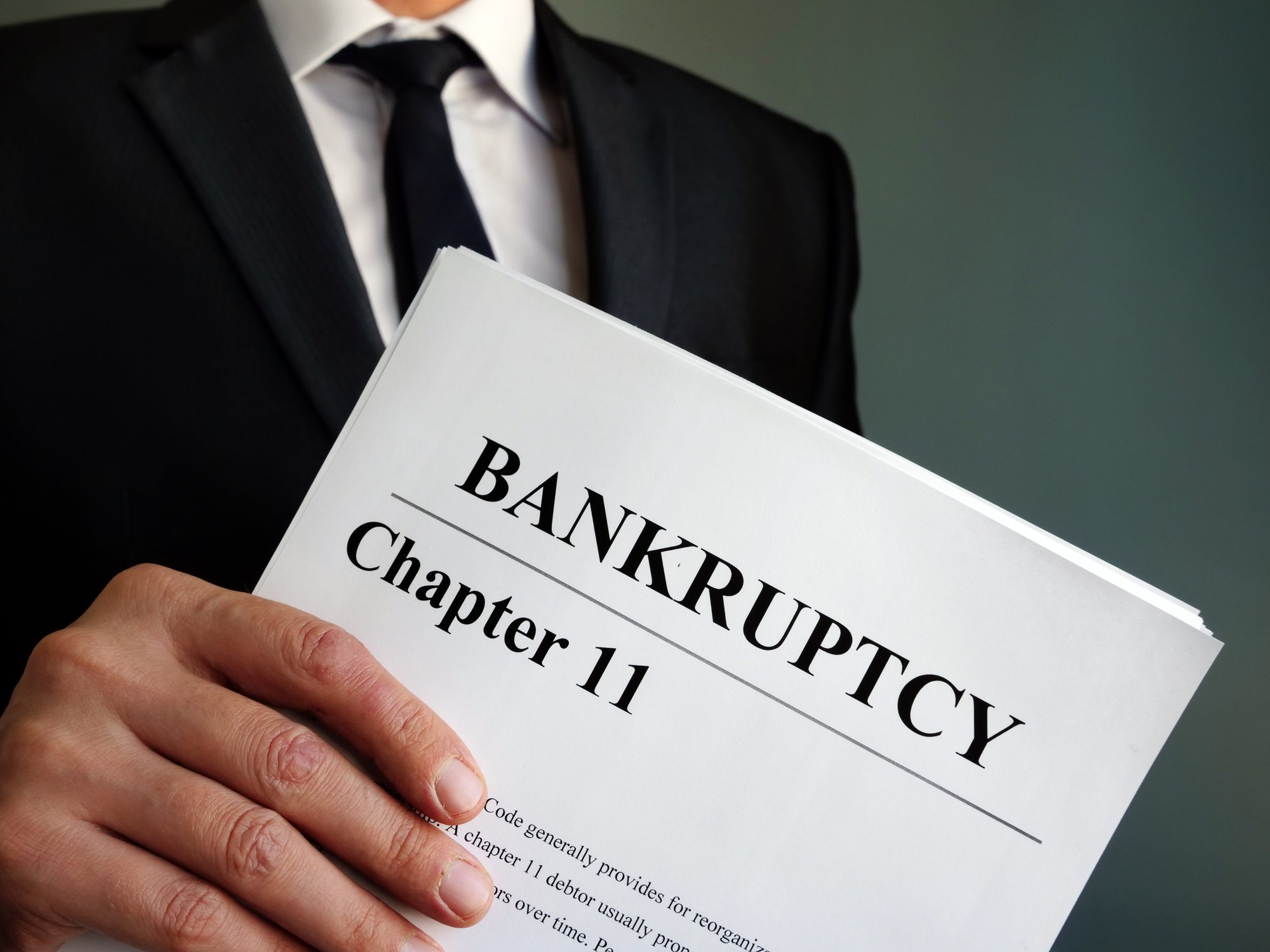Chesapeake Energy (CHK +0.00%) has a history of making bold bets. While some haven't paid off, the oil and gas driller's recent decision to buy the oil-focused WildHorse Resource Development is looking a little better by the day. It certainly helps that crude prices have been red-hot this year.
A gamble that seemed to backfire quickly
In late October, Chesapeake Energy stunned investors by agreeing to buy WildHorse Resource Development for nearly $4 billion in cash and stock. The transaction marked a surprising departure from the company's strategy of selling off assets to pay down debt. Investors didn't like the move, leading them to clobber Chesapeake's stock on the day of the announcement.

Image source: Getty Images.
The transaction came at the wrong time because oil prices, which had already started turning lower, quickly fell off a cliff. By year-end, crude prices had crashed 40% from their peak in early October. This sell-off in the oil market made Chesapeake Energy's bold bet on oil look like a bad one in hindsight. That weighed on its shares, which plummeted 47% on the year.
No longer as bad as it seemed
Crude prices bottomed out in late December. The U.S. oil benchmark, WTI, which was in the mid-70s in early October, tumbled to a low of around $44.50 right near the end of the year. Oil, however, has come roaring back in 2019 and was recently above $59 a barrel. That higher price point could be a boon for Chesapeake Energy.
One of the concerns with the company is that it's still not generating enough cash to fund capital expenses. Chesapeake CEO Doug Lawler stated on the fourth-quarter conference call that he expects there to be a "slight outspend in 2019." However, with oil prices rising, that gap should continue to narrow as the company increases its crude output, which it predicts will surge 32% this year thanks in part to the addition of WildHorse.
That has some analysts growing more optimistic. Raymond James, for example, recently boosted its price target on Chesapeake Energy's stock from $4 to $4.50 per share, which is nearly 40% above the current price. In reaffirming its bullish view, an analyst at Raymond James wrote that "while we believe that [Chesapeake] will modestly outspend cash flow in 2019, we believe that the company has a good chance of being roughly cash flow neutral in 2020, a very positive step as the firm looks to continue paring down debt."
Others, though, remain cautious on the company given that it's so reliant on higher oil prices to help narrow the gap between capital expenses and cash flow. MKM Partners and SunTrust Robinson Humphries, for example, have both reiterated their ratings of neutral and hold, respectively, along with their $3 price targets. While SunTrust liked the company's "solid" budget, it's still outspending cash flow. Meanwhile, MKM is a bit concerned with Chesapeake Energy's valuation following its more than 50% rebound this year, which has it trading at a nearly 20% premium to its peers, according to its analysis.
Check out the latest earnings call transcript for Chesapeake Energy.
The jury is still out
The quick bounce-back in oil prices makes what seemed like an ill-timed move appear much better. However, Chesapeake is more dependent on higher oil prices than most peers, which can fund their capital budgets on the cash flows of sub-$50 oil. Chesapeake has a long way to go before it's at their level, which is why it remains a high-risk, high-reward oil stock that will likely continue to be extremely volatile on any meaningful movement in crude prices.






